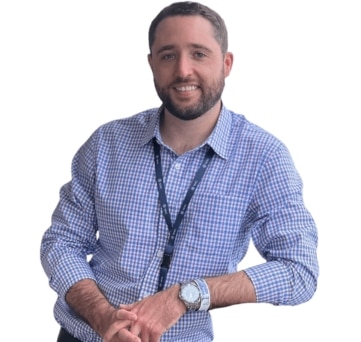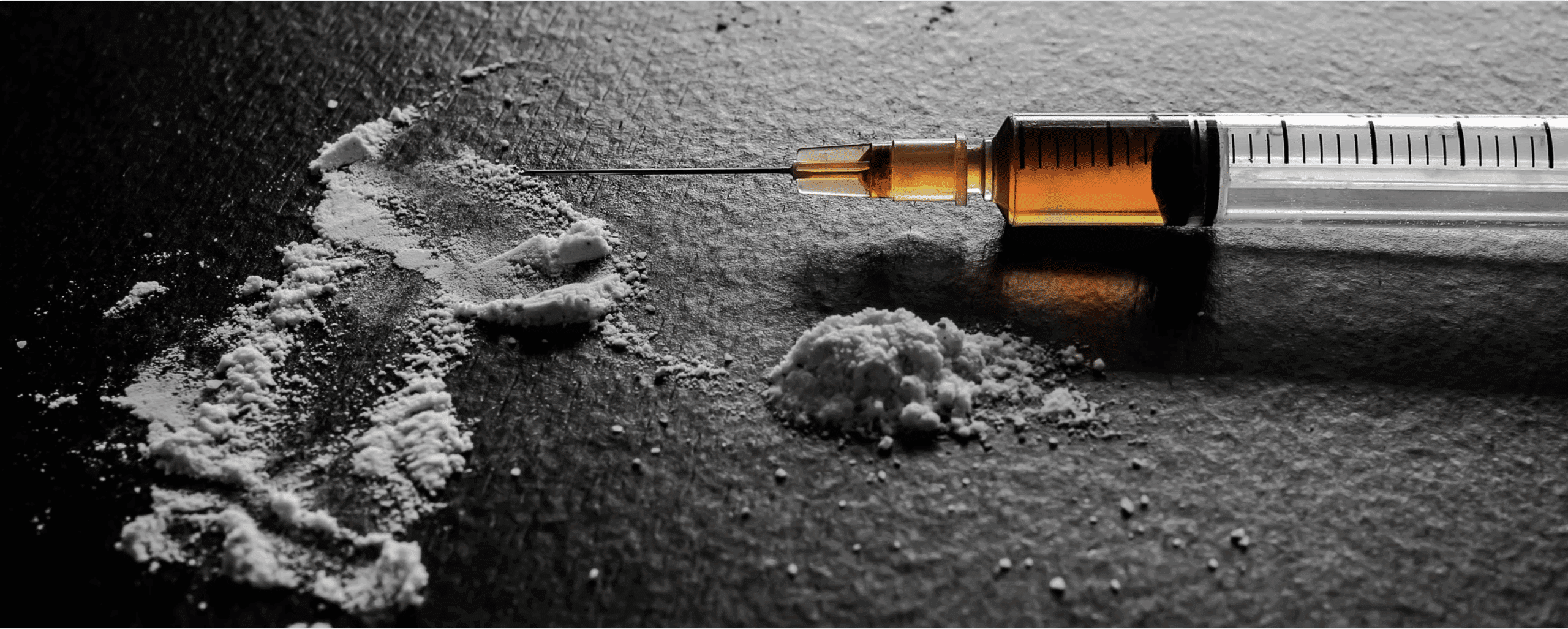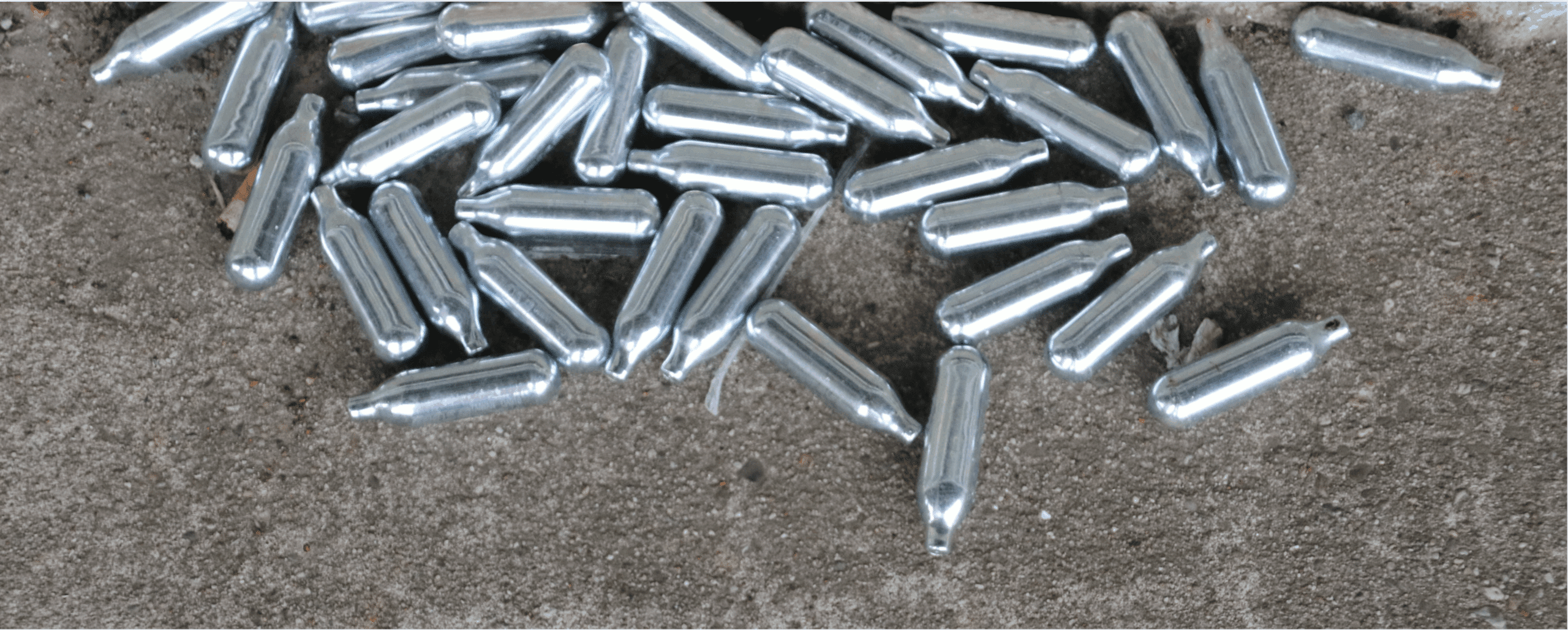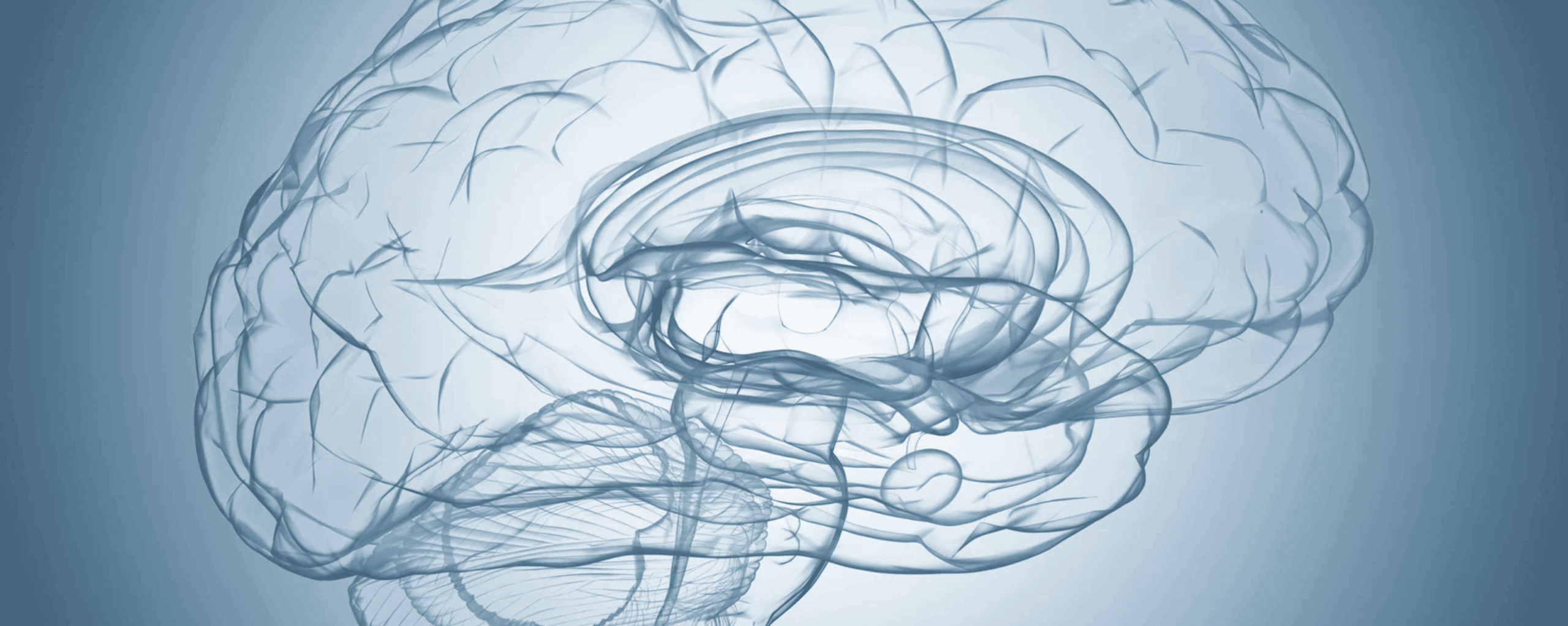In the context of addiction recovery, many feel overwhelmingly positive and refreshed after completing a rehab program. Why wouldn’t they? Completing addiction treatment is a major accomplishment that deserves praise and recognition. However, something known as pink cloud syndrome can turn those feelings of elation and success upside down if you don’t take care. When someone is in the pink cloud phase of recovery, it can feel like a relapse isn’t even possible.
It’s okay to celebrate your achievements. Whether it’s graduating from school, getting a promotion at work, or achieving a lifelong goal, feeling good about yourself and your accomplishments is a wonderful thing.
It very much is.
Working with an addiction treatment provider like Vogue Recovery Center early on in your recovery process can help prevent the pink cloud from setting you up for relapse.
What Is the Pink Cloud?
New things are usually pretty fun. Getting a new car, new clothes, or new shoes feels good. The same thing happens with newfound sobriety. People who undergo detox and begin treatment generally feel really great about their situation. Euphoria, elation, and positivity can dominate your thoughts and actions during this phase. These feelings are known as the “pink cloud” or “pink cloud syndrome.” It involves a short period of time directly after detox in which someone is supremely motivated to continue their recovery.

The phenomenon was identified in Alcoholics Anonymous (AA). Those who quit drinking noticed improvements in their mood, positivity, and energy early on after getting sober. The pink cloud is now a term used to describe the early period of drug and alcohol abuse recovery.
Signs You’re Pink Clouding
Some signs you might be experiencing pink cloud syndrome include:
-
- Euphoria
- Overwhelming optimism
- Extreme confidence in your sobriety
- Saying things like your recovery was “easy”
- Being flippant about your potential triggers
Why Is the Pink Cloud Dangerous?
On the surface, it doesn’t seem like pink cloud syndrome would be a problem. What’s wrong with being positive about recovery? The pink cloud is dangerous because it ignores the fact that recovery is a process—often a lifelong one—that needs constant attention and work.
When you’re in the pink clouding stage, you can feel invincible, as if there isn’t a trigger in the world that could cause a backslide into relapse. The problem is that relapse is always a possibility, and the pink cloud is a short-term feeling. The optimism of the pink cloud can fade quickly when the stresses and realities of daily life return and post-sobriety elation dissipates into thin air.
If you are experiencing pink cloud syndrome, you may do things that harm your future recovery. Dangers of the pink cloud include:
- Skipping support group meetings
- Allowing triggers back into your life
- Ignoring the advice of addiction counselors or family
- Believing you are cured for good
Does Pink Cloud Syndrome Cause Relapse?
Relapse is an unfortunate reality of addiction. Many who attend and complete addiction treatment programs find themselves facing the triggers of life and struggling to stay sobriety. Pink clouding doesn’t necessarily mean you will relapse back into a substance use disorder, but it may raise the likelihood of doing so.
Once the feelings of euphoria subside, preventing relapse becomes more difficult. People in recovery can come to rely on those positive feelings for motivation. When the pink cloud is gone, so goes their motivation to maintain sobriety.
Tips for Relapse Prevention After the Pink Cloud
Relapse is an unfortunate reality for many who struggle with drug or alcohol addiction. Relapse is when someone returns to substance abuse after a period of sobriety. It is not a moral failure or a sign of weakness. Rather, it’s a common and often predictable part of the recovery process.
Here are some tips for preventing relapse after completing treatment:
- Build a strong support system: Surround yourself with people who support your recovery: a therapist, family, friends, support groups, and a sponsor. Having a reliable network can provide emotional encouragement and accountability.
- Identify triggers: Recognize the people, places, emotions, and situations that trigger cravings and thoughts of using substances. Once you’re aware of these triggers, you can develop strategies to avoid or cope with them.
- Create a routine: Establish a daily routine that includes regular exercise, balanced meals, sufficient sleep, and productive activities. A structured routine can help fill the void that substances once occupied.
- Avoid high-risk situations: Steer clear of places or events where substances are readily available. Politely decline invitations to gatherings that might involve drug or alcohol use.
- Attend support groups: Regularly participate in support group meetings, therapy sessions, or counseling. Connecting with others in addiction recovery can provide the encouragement and insight you need to avoid relapse.

Relapse Prevention at Vogue Recovery Center
Part of substance abuse treatment at Vogue Recovery Center is teaching coping mechanisms and skills to help prevent relapse in the future. You need treatment for a substance use disorder like you would any medical condition. Vogue Recovery Center provides you with a team of medical and behavioral health experts who will help you recover physically, mentally, and spiritually.
Our unique levels of care are key in helping fight against addiction. Those levels of care include:
- Medical detox: The first step to quitting alcohol or drugs is to do just that. The safest way is under the care of healthcare professionals and mental health providers. When you detox at Vogue Recovery Center, withdrawal symptoms are managed by our medical staff around the clock. This ensures care and comfort during the detox process.
- Residential treatment: Inpatient treatment is a level of care that allows for structure and support while you live at a treatment center and attend programming. It’s the most intensive stage of addiction recovery, where you’re completely focused on getting sober. You’ll learn coping mechanisms and tools to aid your sobriety in the future.
- Partial hospitalization program (PHP): A PHP is a form of outpatient rehab that involves spending five days per week in treatment. You are free to live at home or in our sober living communities while in a PHP. The goal is to begin the transition back to your normal life following recovery.
- Intensive outpatient program (IOP): An IOP is another form of outpatient care that offers even more flexibility than a PHP. An IOP involves between 9 and 15 hours of treatment per week. The goal is to build on the skills and tools learned in previous levels of care to prepare for life after rehab.
- Outpatient treatment: Outpatient rehab is a place to build support systems. You can also practice using the coping skills learned in recovery for sustained sobriety. It is often one of the last formal steps in addiction treatment.
If you’re worried about yourself or see the signs of pink cloud syndrome in a loved one, contact the admissions team at Vogue Recovery Center today. We can assist with verifying your insurance and educating you on the many long-term recovery options available in treatment. We can help you set manageable goals and connect you with addiction resources that provide support.
If mental health issues are causing your substance abuse, we specialize in dual diagnosis treatment. We treat mental health disorders and co-occurring addictions using evidence-based behavior therapy and holistic methods. If you’re worried that the pink cloud phase will lead to relapse, contact us today!
References:

Evan Gove

Latest posts by Evan Gove (see all)
- Dangers of Mixing Prozac and Alcohol - September 10, 2024
- Is Prednisone Addictive? - September 9, 2024













